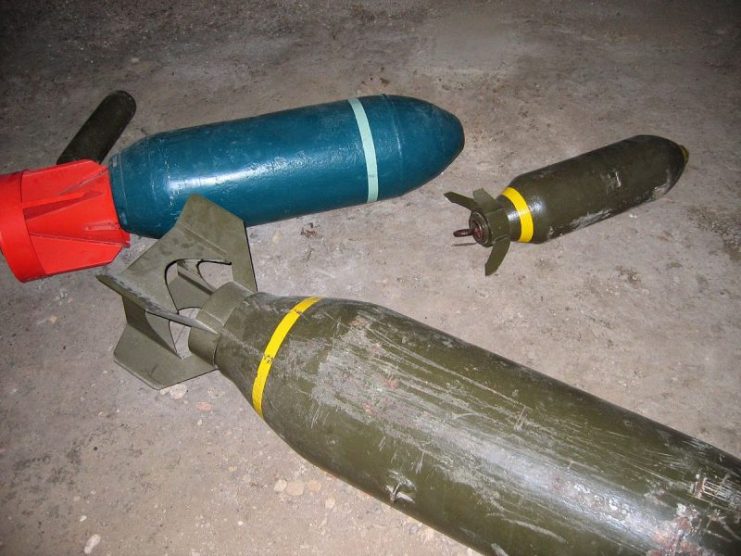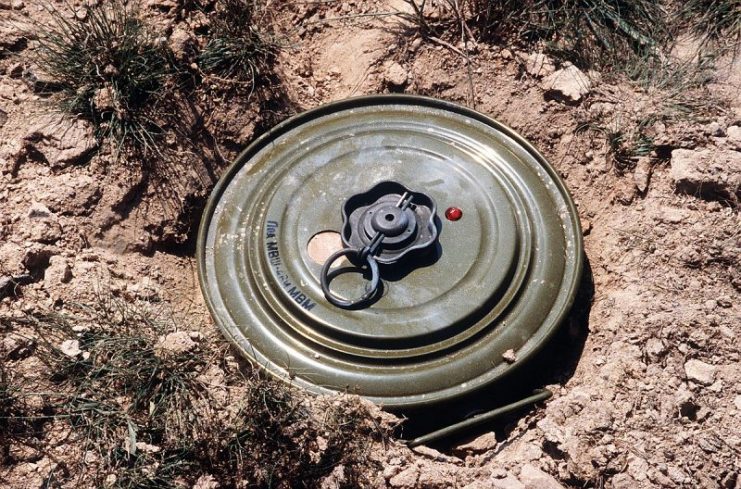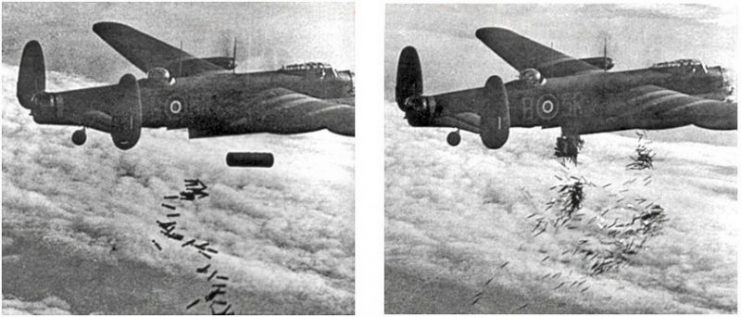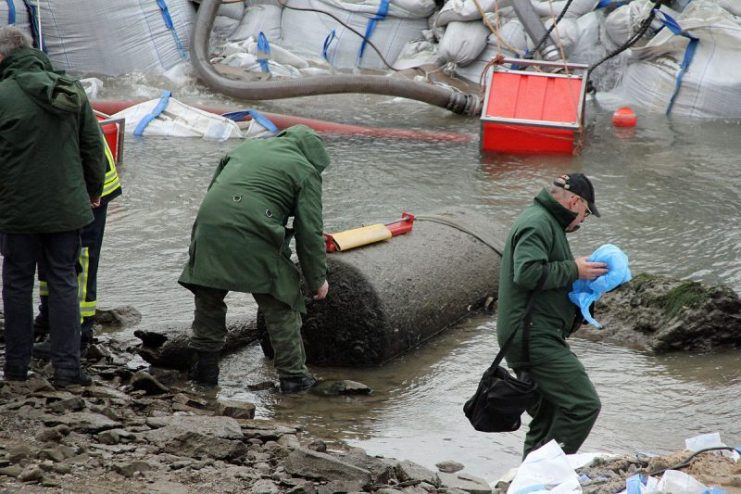Record-setting temperatures in Germany have lowered the Elbe River’s water levels to near historic lows. As a result, World War II-era munitions that were dumped in the river have surfaced. So far this summer 22 grenades, mines or other explosives have been recovered from the dried river bed in Saxony-Anhalt and Saxony.
July was the hottest month in Germany since temperatures records began. July 31st was the hottest day on German records at 39.5 degrees Celsius (103.1 degrees Fahrenheit) in Bernburg, Saxony-Anhalt.
The water level of the Elbe was down to 51 centimeters (20 inches) in Magdeburg (the capital of Saxony-Anhalt). The lowest point for the Elbe in recorded history is 48 centimeters in 1934.

Experts advise people not to touch ordnance they discover and to contact the authorities immediately. A picture showed up in the newspaper recently of a person holding pieces of munitions in their hands. This is the type of thing that “gives weapon disposal experts a fright,” said Saxony police spokesperson Wibke Sperling.
Finding WWII-era unexploded ordnance in Germany is nothing new. The Allies dropped over a million tons of bombs on Germany during WWII, and experts estimate that 10% of those bombs did not explode. Every year, 2,000 tons of unexploded ordnance is discovered in Germany. It is so common to find old munitions because contractors are required to examine the ground for explosives before digging.

The explosives found in the Elbe are corroded and caked with mud which makes them less likely to explode, but the risk is still there and still potentially deadly.
Two anti-tank mines were recently discovered and detonated in the Elbe in Saxony.

Once the authorities are contacted about explosives that have been discovered, a disposal team examines the find. Often the items that are discovered turn out to be old fire extinguishers or gas canisters. When the discovery actually is an explosive, the team either defuses it and removes the device or detonates it where it sits.
In August of 2017, Frankfurt evacuated 70,000 residents after a “blockbuster” bomb was discovered near a construction site. It was one of the largest such evacuations since WWII. 26,000 people were evacuated from the German city of Paderborn in April of this year when a 1.8-ton bomb was discovered at a construction site.

This isn’t the first time that low water levels have revealed WWII munitions. In 2011, a 1.8-ton bomb was discovered in the Rhine River when water levels dropped during a drought. That instance led to the evacuation of 45,000 people.

The Elbe flows from the Krkonose Mountains in the Czech Republic near the border with Poland to Hamburg in the north of Germany.

The record temperatures are causing problems for firefighters in Germany as well. Firefighters working to contain a forest fire near Berlin have had to deal with explosions as the fires set off WWII munitions lying in the forest.
Defusing the explosives is not an option while a forest fire is raging around you. Authorities set up a half-mile police cordon and firefighters used a firefighting tank to combat the blaze.
It is a possibility that the heat set off some of the explosives in the forest in the first place.
